Thursday May 5th
Privacy Law Talk on Fertility Apps
I saw that there was some buzz about this
- Coincidentally, a year ago, I was working on a potential paper on Privacy for Fertility apps as it relates to what can be deemed “unfair” by the law based on perceived accuracy of these apps, to be submitted to CHI.
- This was work done in a class that was a hybrid class between CS and the Law department, and I gave a presentation on this in May 2021.
- During the CSRMP timeline, I also relayed my progress with my mentor for this specific project (I ws a CSRMP fellow in Spring 2021, while taking mathematical cryptography). My mentor suggested the template CHI paper as a good fit for this paper based on the topic. I also received feedback from a UX Researcher on the survey (in terms of how to phrase the questions) and attended ChiME.
- Unfortunately, I am not really interested in pursuing this work anymore (I would prefer to not pursue research in fairness and privacy at the moment (maybe I just care about accountability moreso than citations and I’m foolish for doing so; I also feel more at home with the Pure Maths / Mathematical cryptography community in general), in favour of mathematical cryptography research, which is my true love and I’m very happy pursuing a career in!), so I thought I’d include slides I gave to the 2021 class in the hope that it might be helpful to someone pursuing this work.
- I think about what a NASA scientist (I believe he was a “ring scientist”; he did science specifically on things like the rings of Saturn) told me years ago often; that to be a good researcher you have to have a good heart. I began to feel uneasy when I saw a fair amount of hijacking of the original intent of the field I was working in, as well as opportunism creeping in. It didn’t feel right for me anymore; it felt perverse. It didn’t feel like my community in the same way it did when I started.
- I find it fascinating that when I worked in fairness / privacy how similar the direction was starting to echo dominant hierarchical structures. I think that sometimes you have to think about whether you are in so deeply into a thing that you yourself have become corrupted by its rules that benefit you, at the extent of hurting others who have less leverage. As my dad would say, you should never want something so badly that you are willing to do anything to get it. I am aware that not everyone in that field feels that way, and that’s a personal choice. I don’t feel this way about the work I am doing right now; there are still many funding avenues and opportunities to work with a variety of individuals who work in this area either independently or with labs or even companies, and it’s a pretty welcoming, collaborative space. A friend remarked that they hadn’t heard from me in a while, and it was because I’ve been out having fun with my community. I’ve been learning, and I legitimately said to them “because I’m happy”. No one cares what school you are from, or looks at your badge for credibility. It’s been a lot of fun, and very satisfying for me. That’s all I have to comment on this right now.
- These are not all of my slides (some refer to specific cases we looked at in class, etc); some are confidential (you can see that one of the slide numbers goes up to 54).
- The central idea was that the way “accuracy” is advertised is deceptive (as defined by law) to users and therefore can be deemed unfair. I’m also generally happy to briefly chat about it if you need any more information. Thanks!
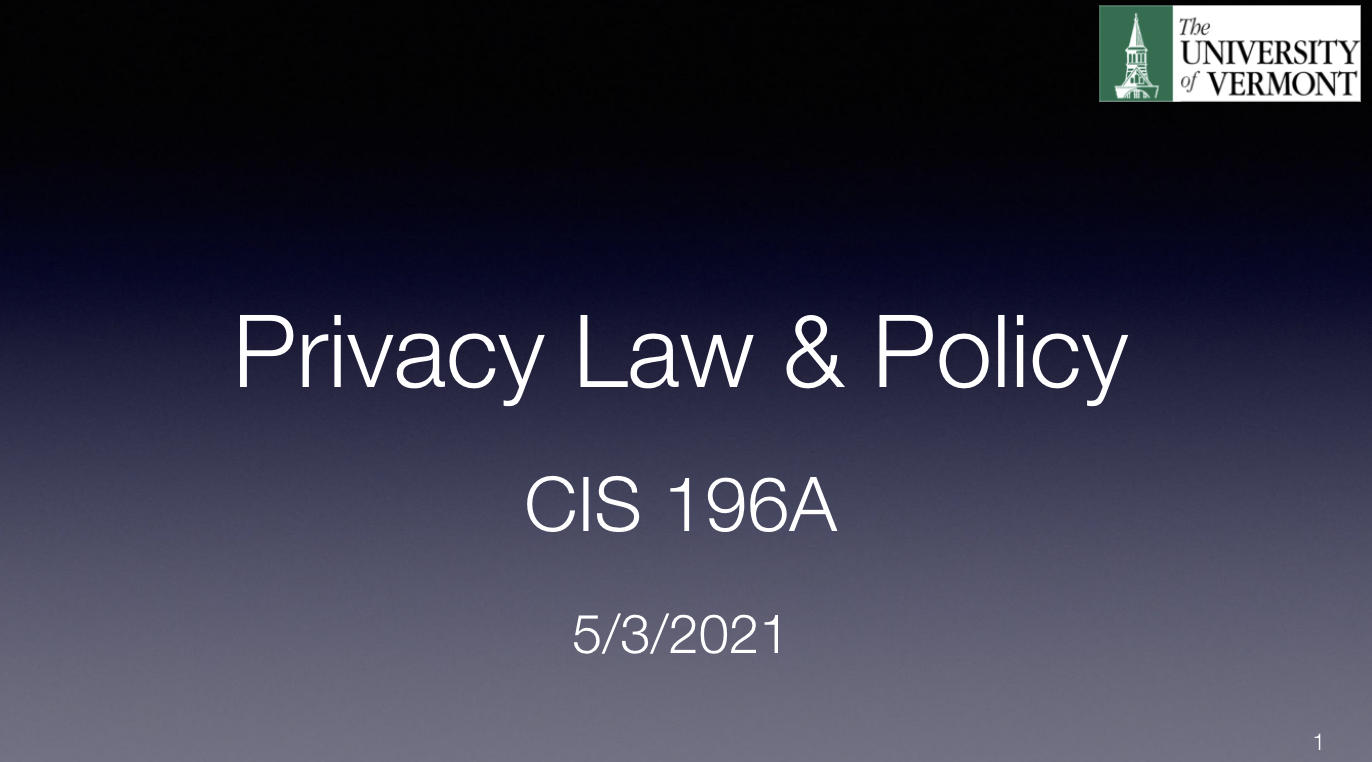
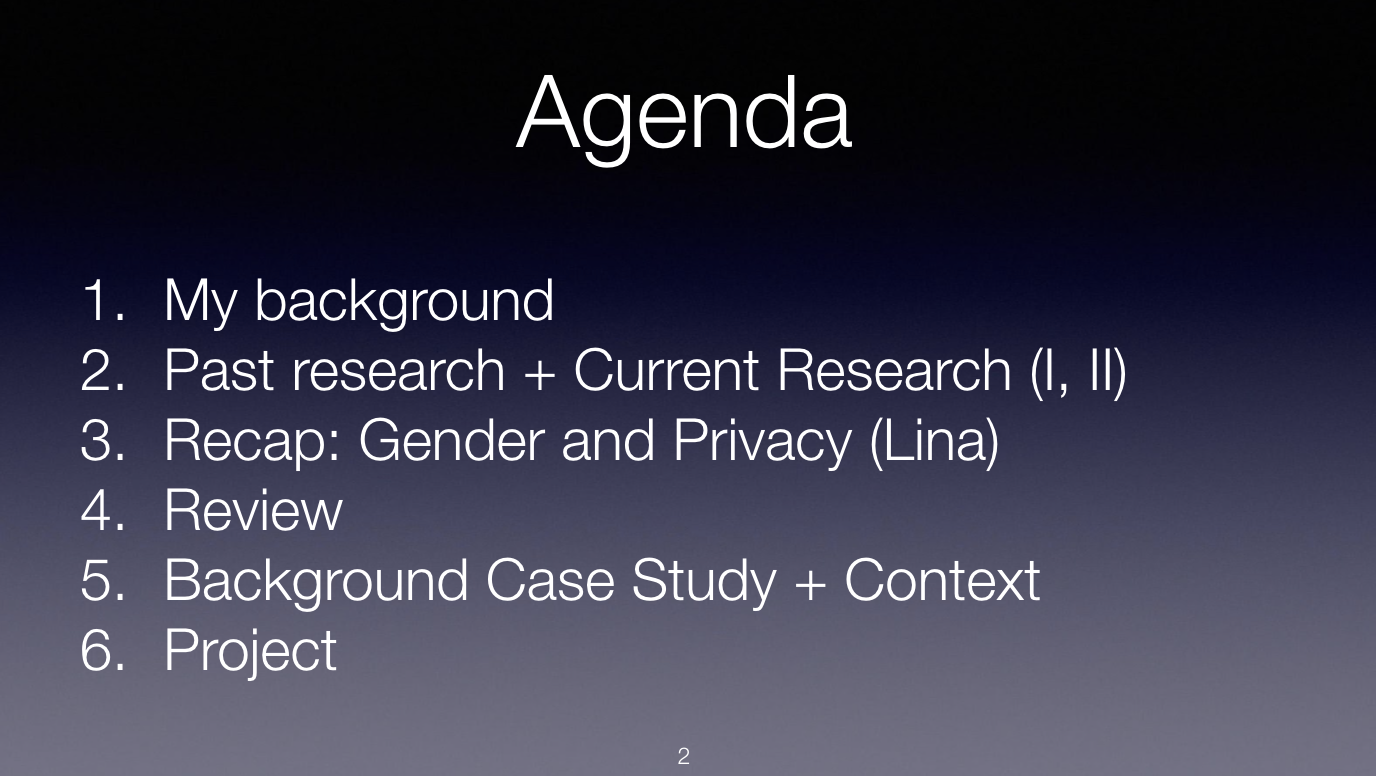
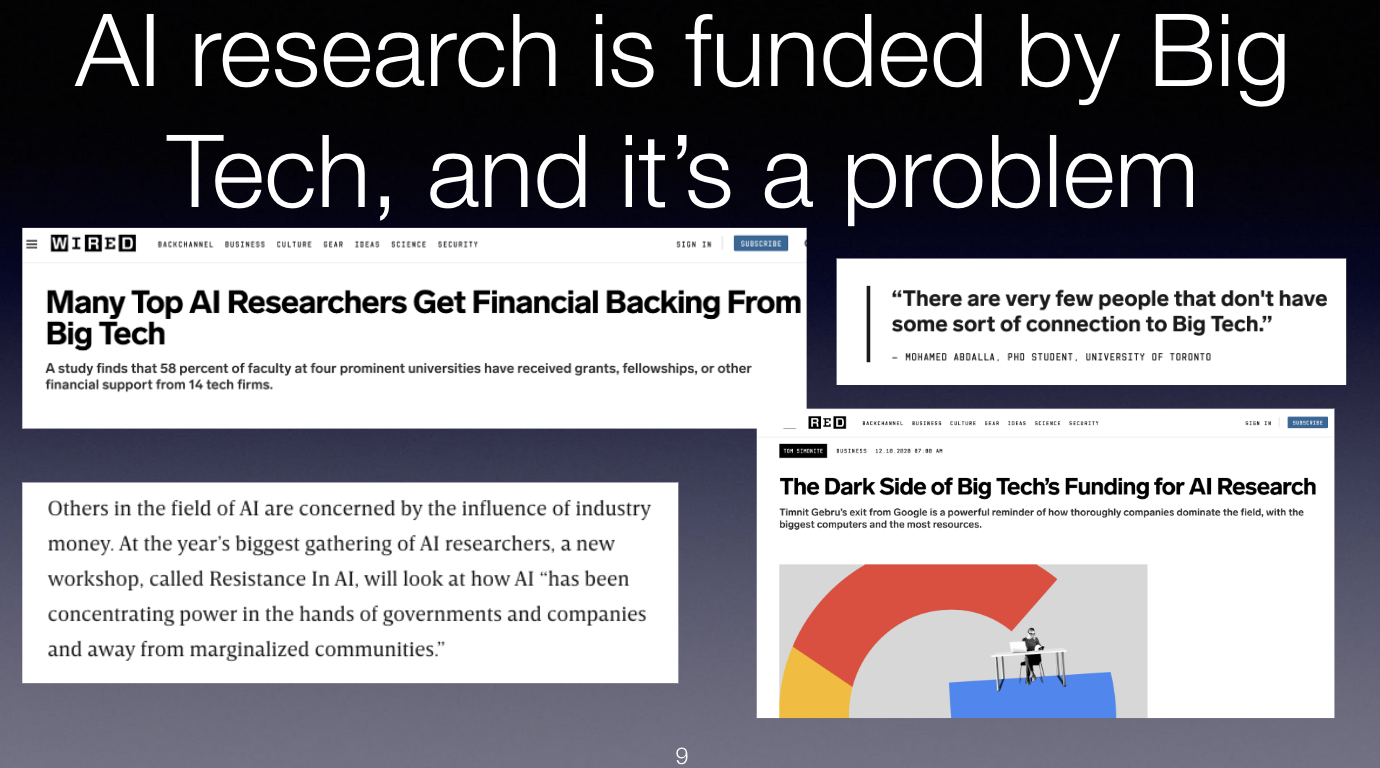
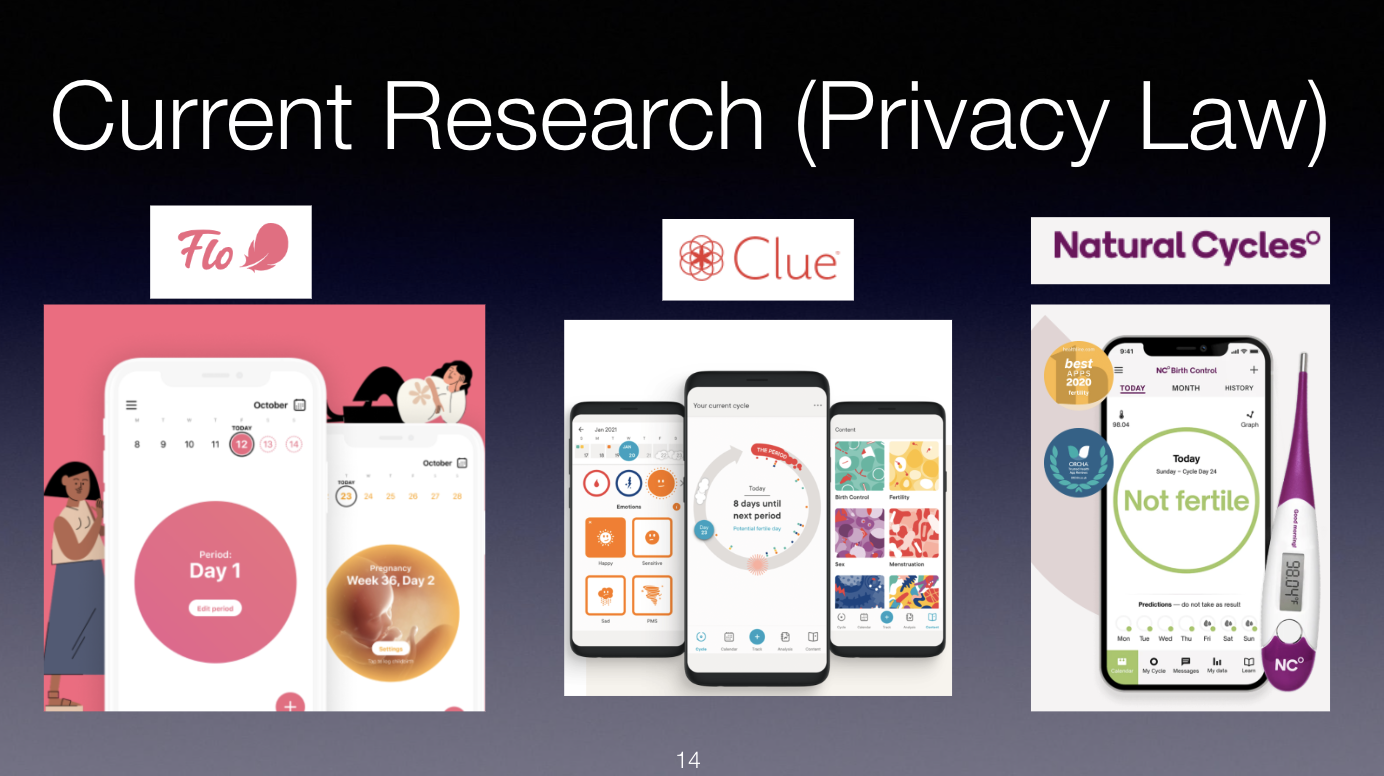
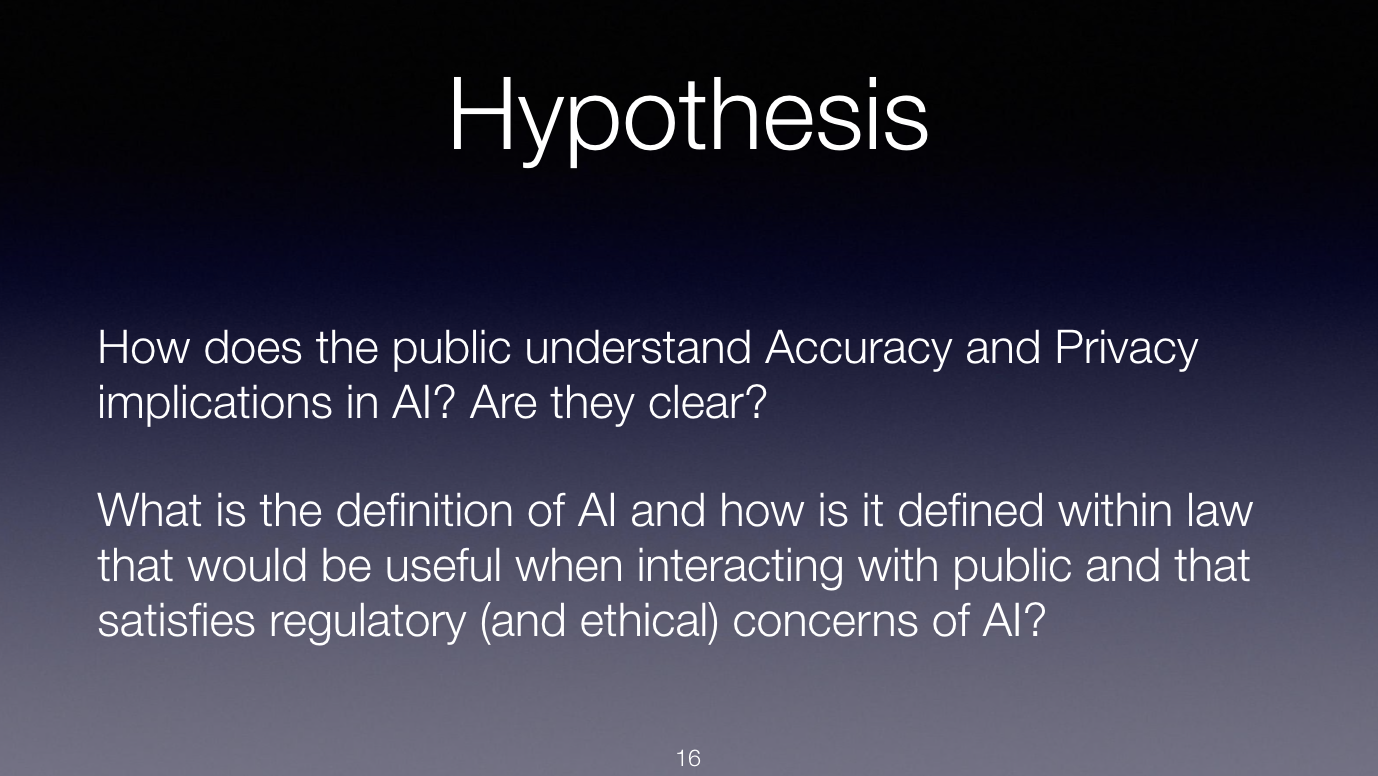
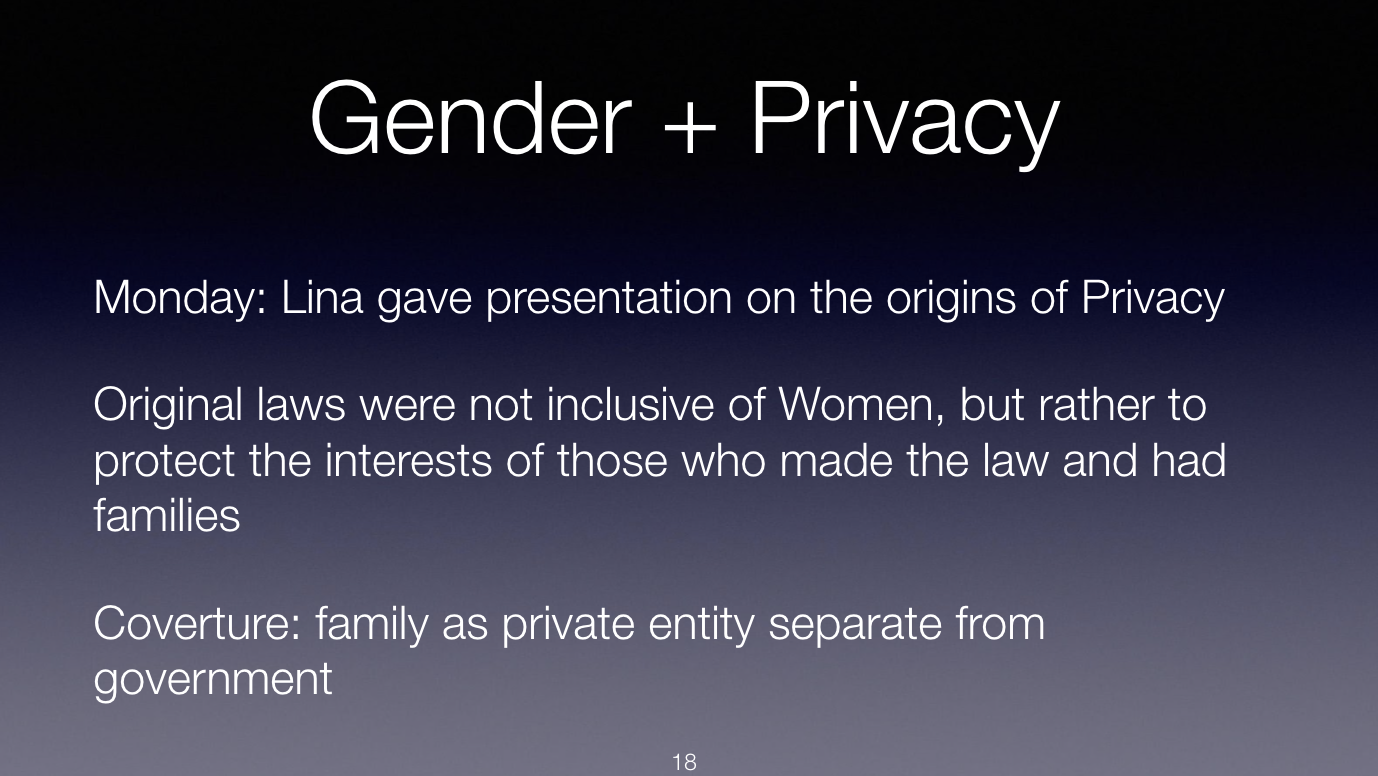
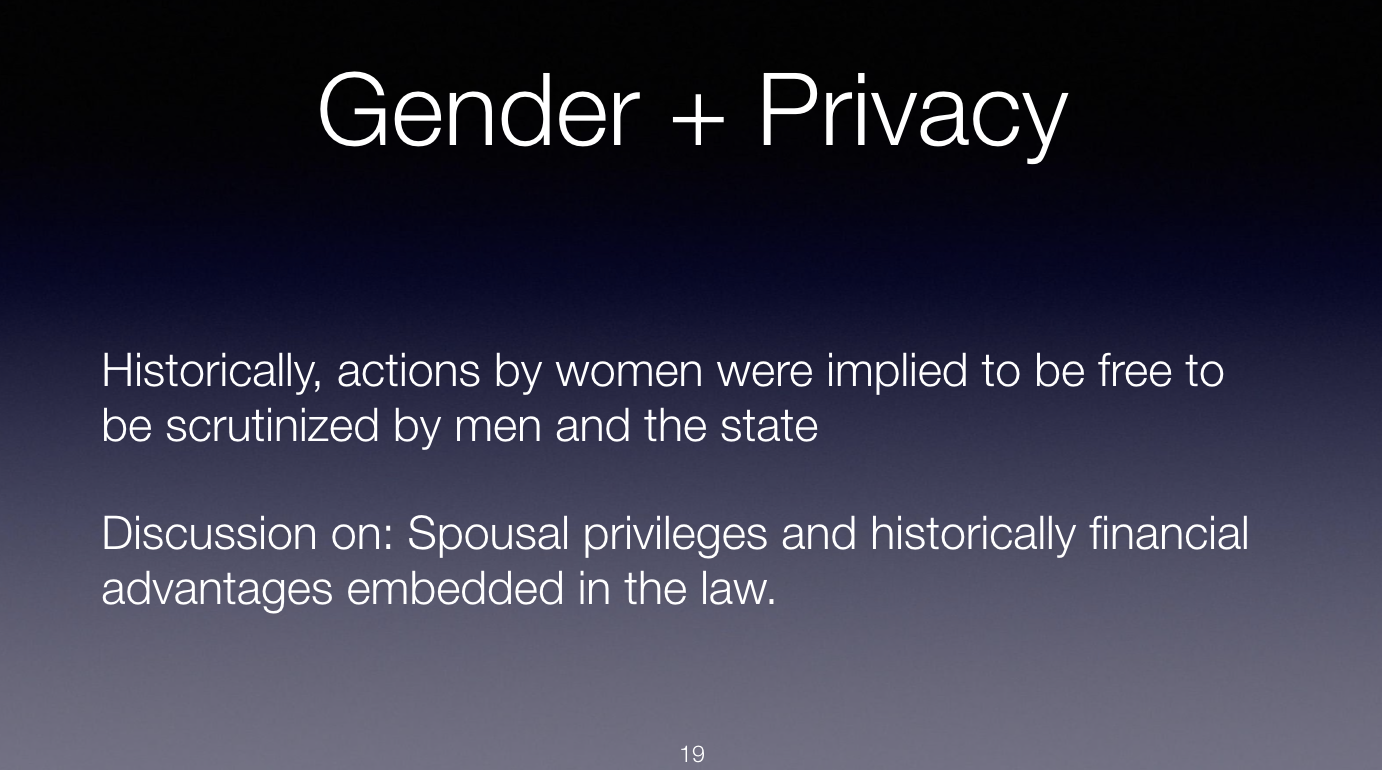
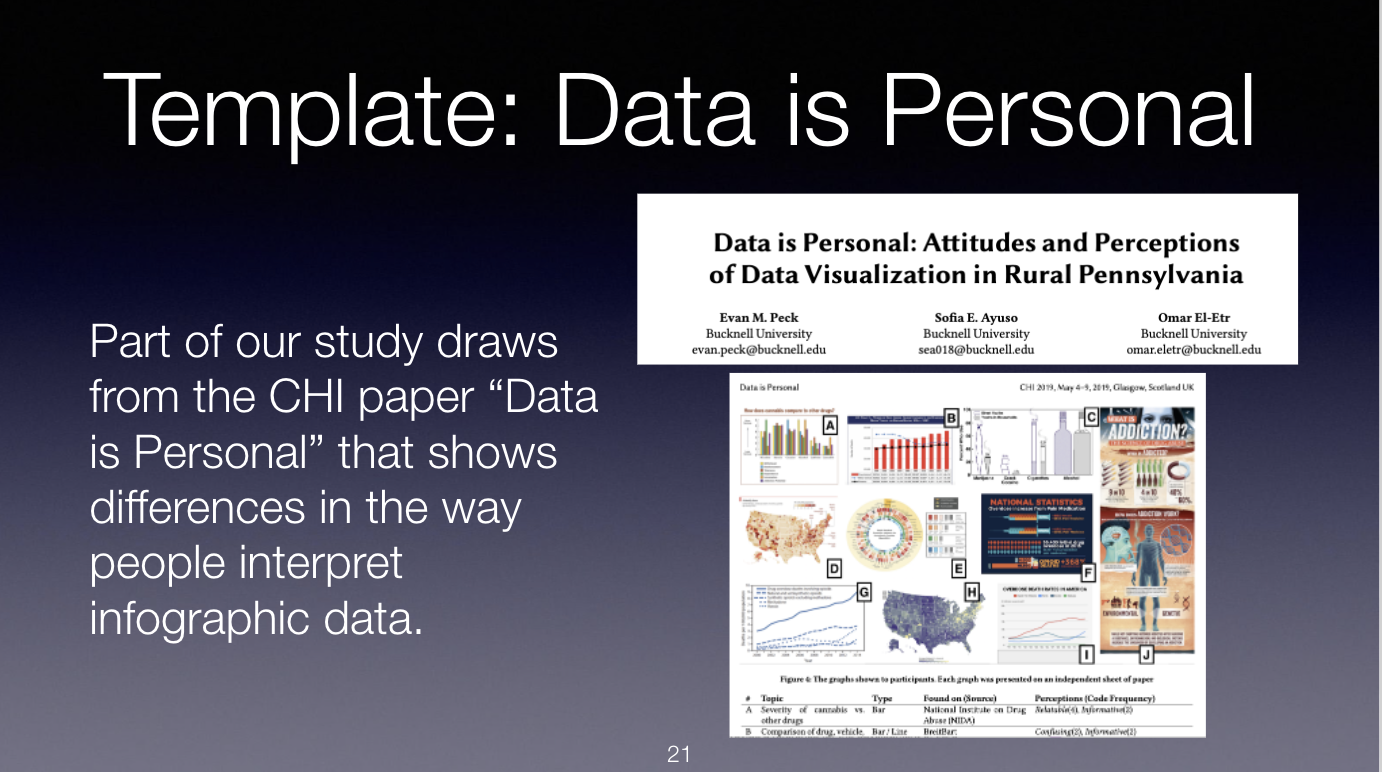
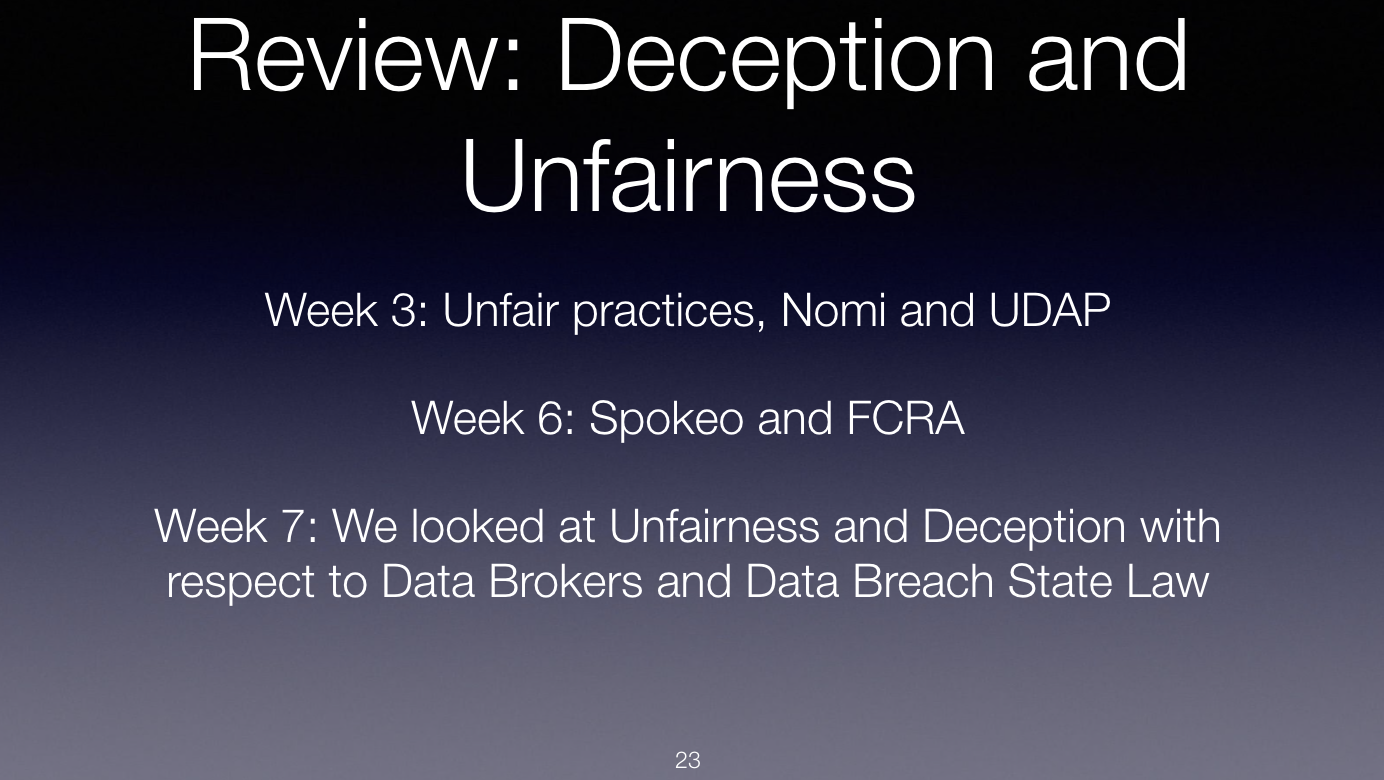
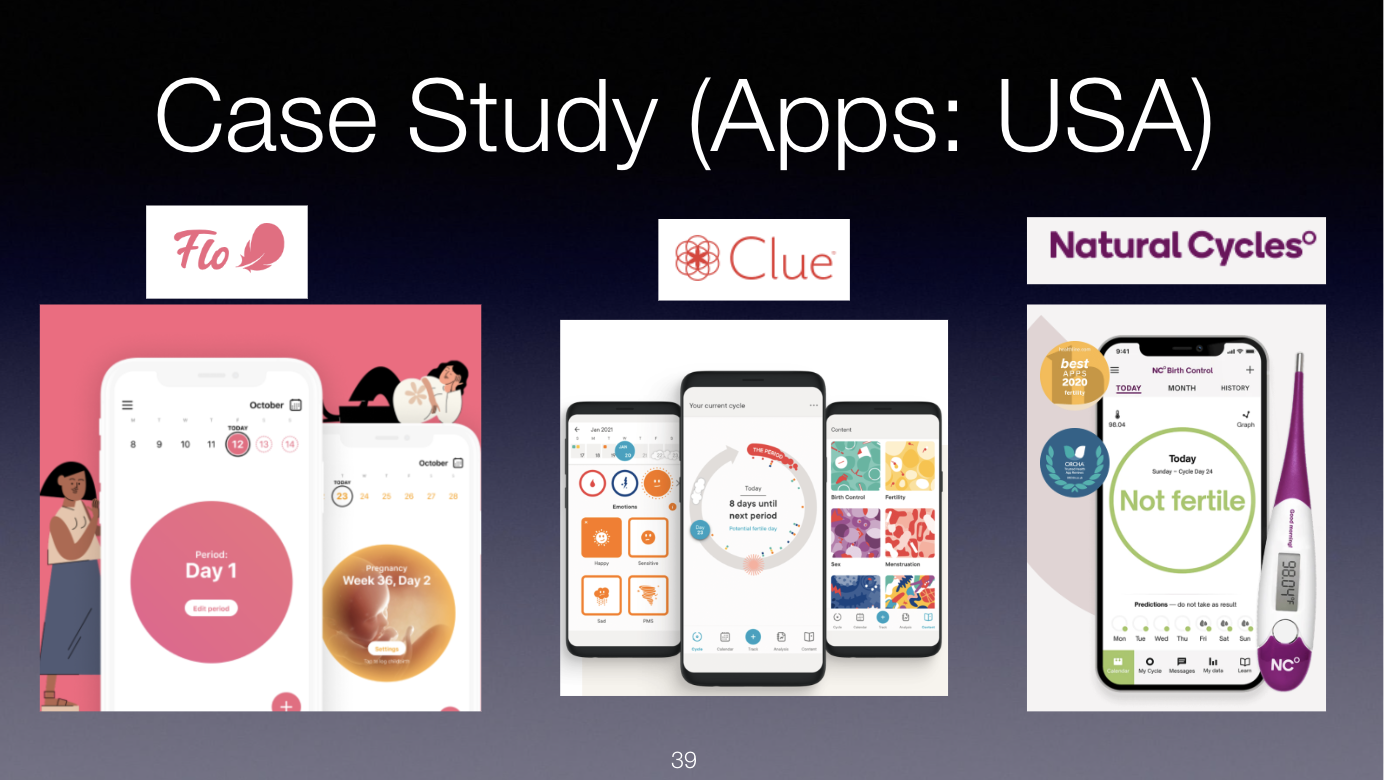
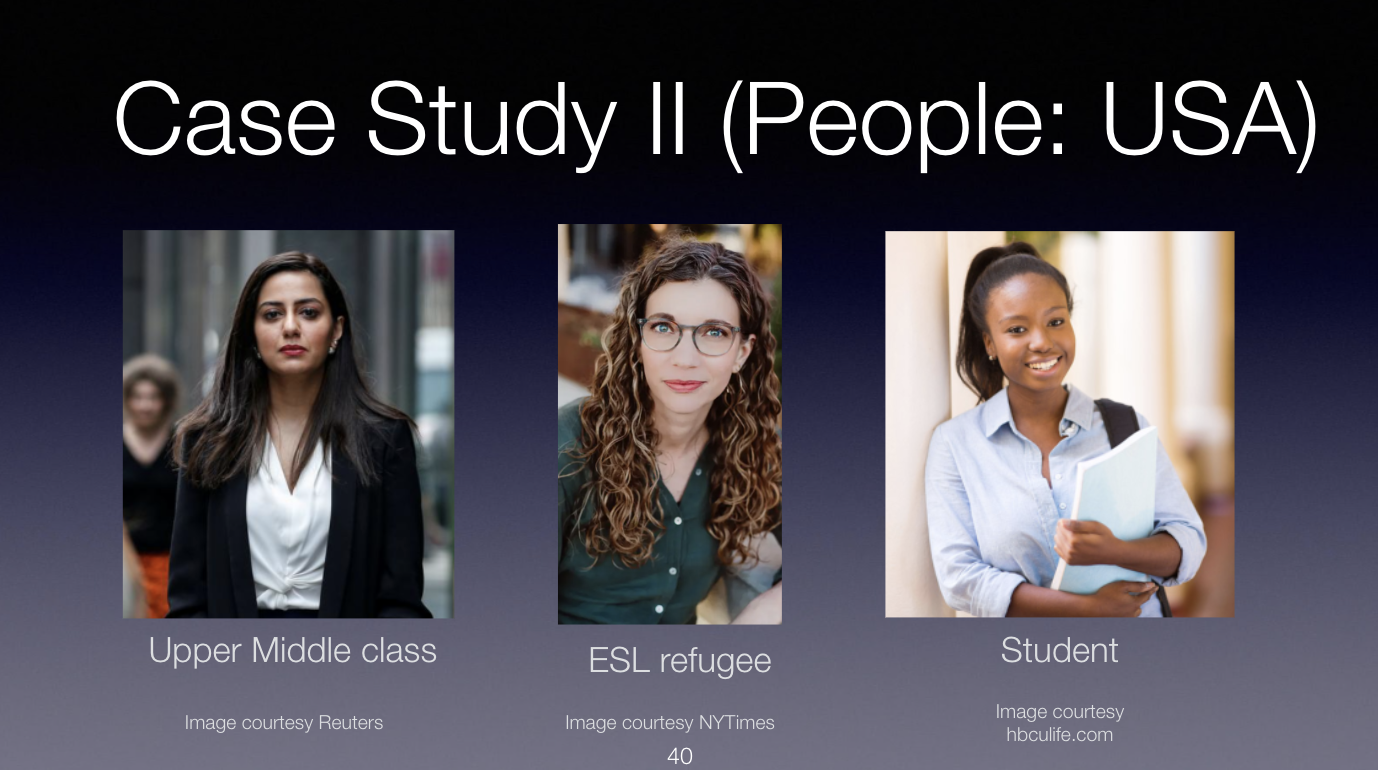
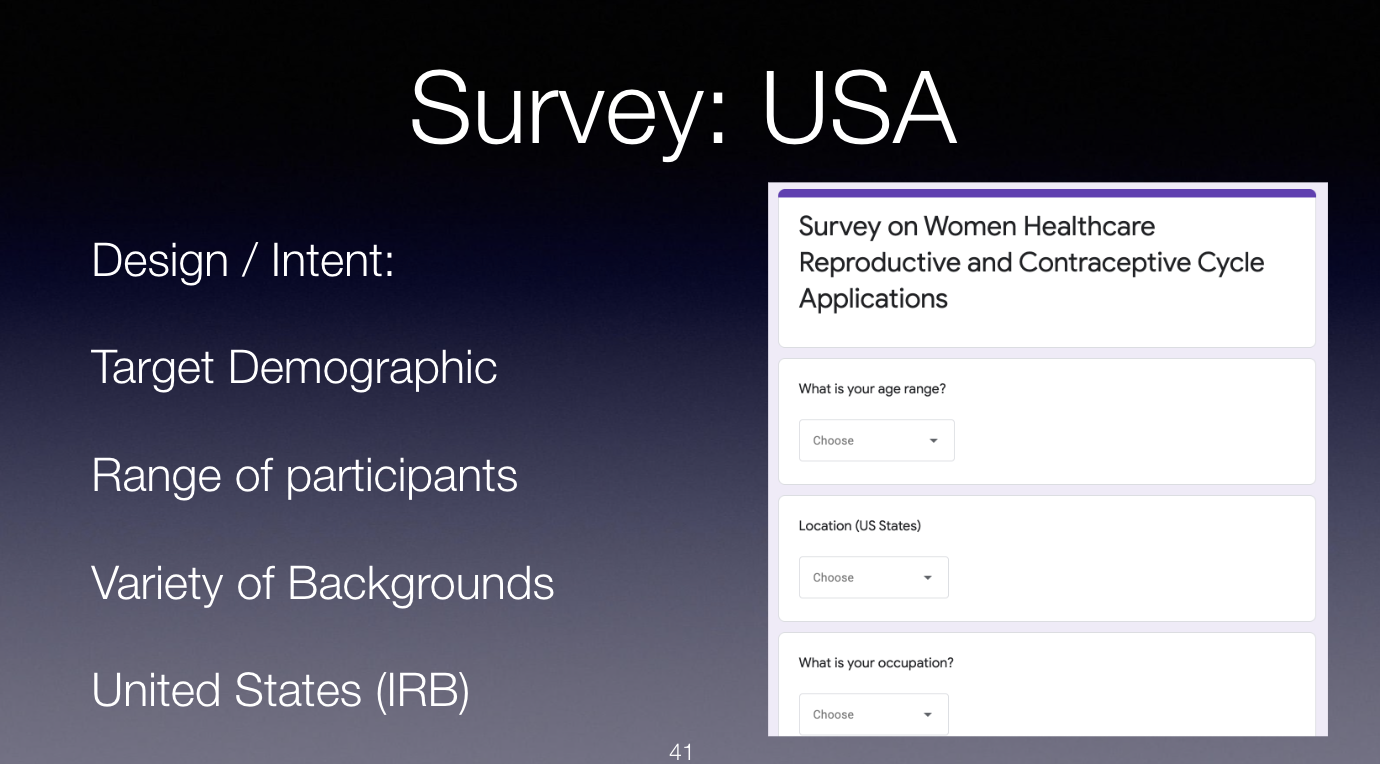
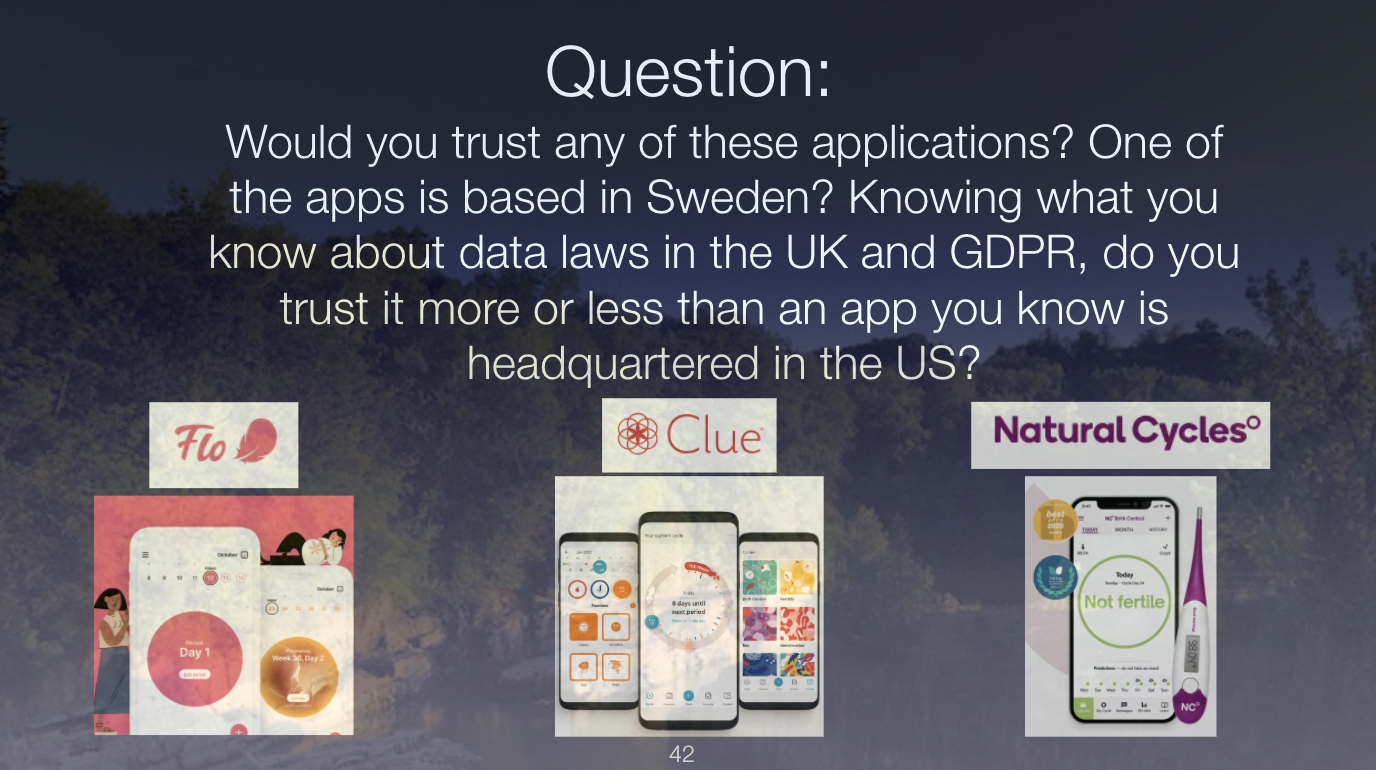
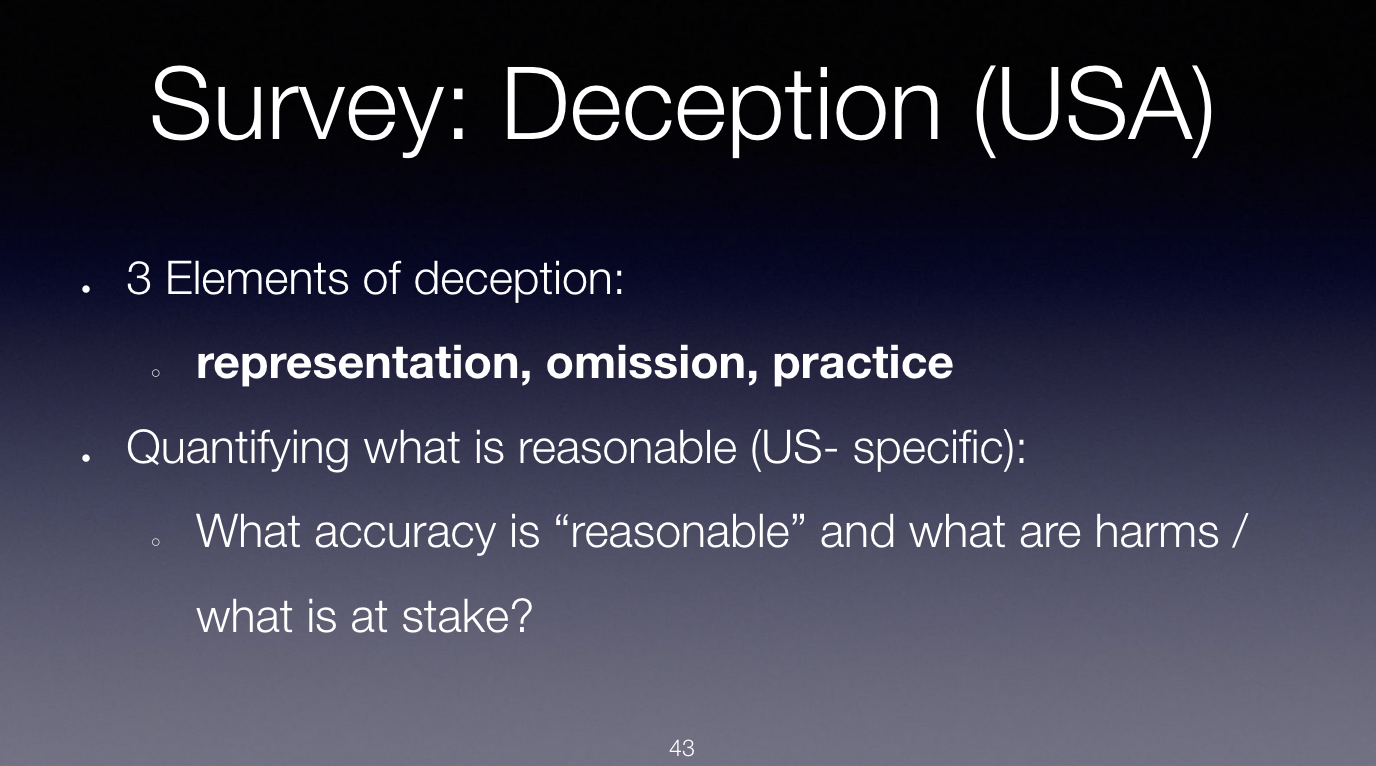
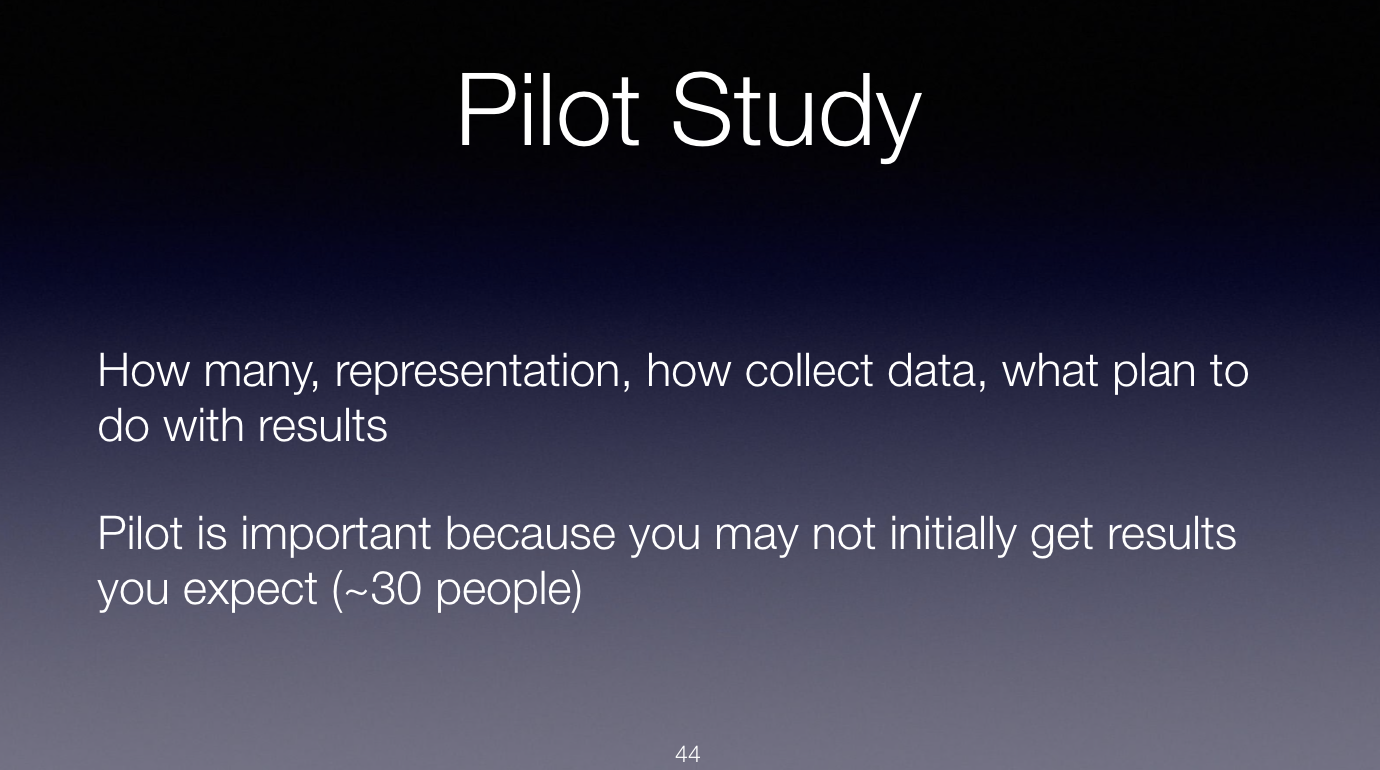
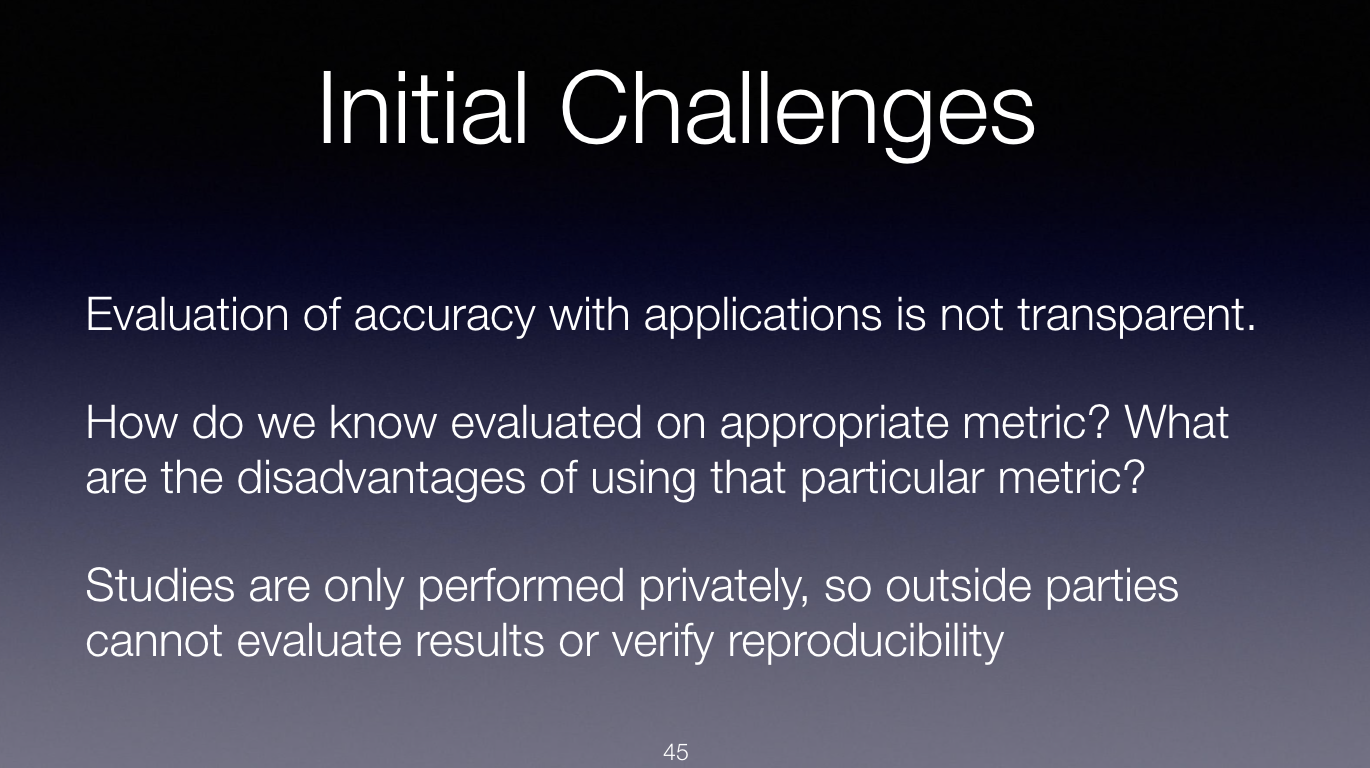
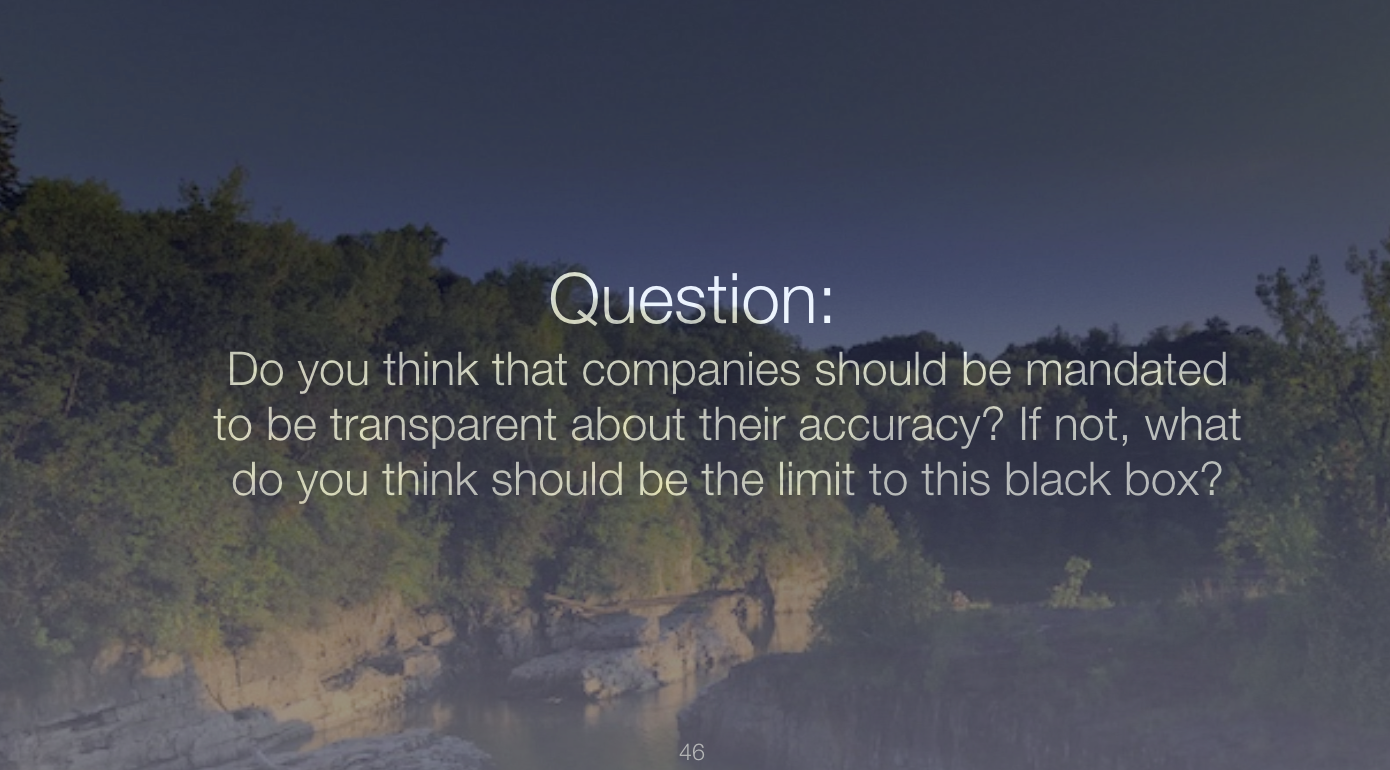
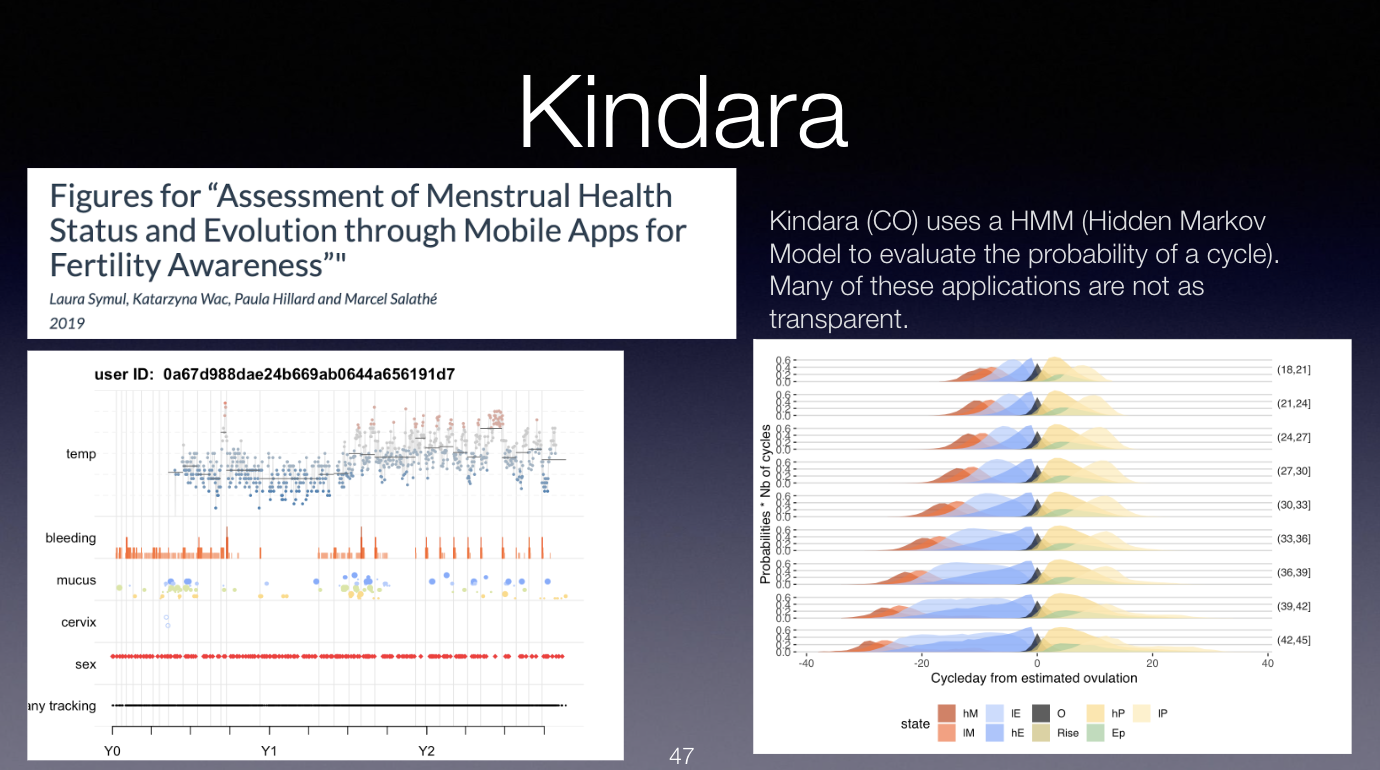
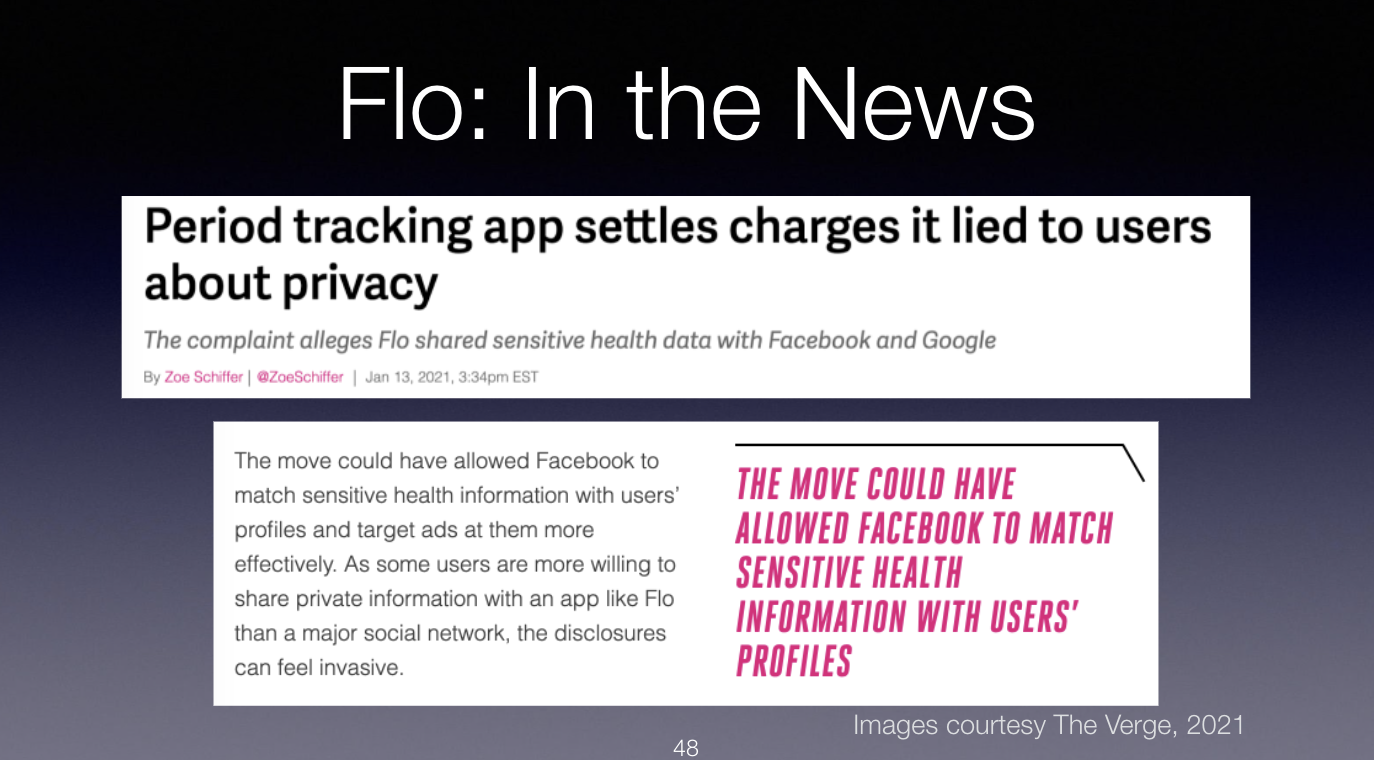
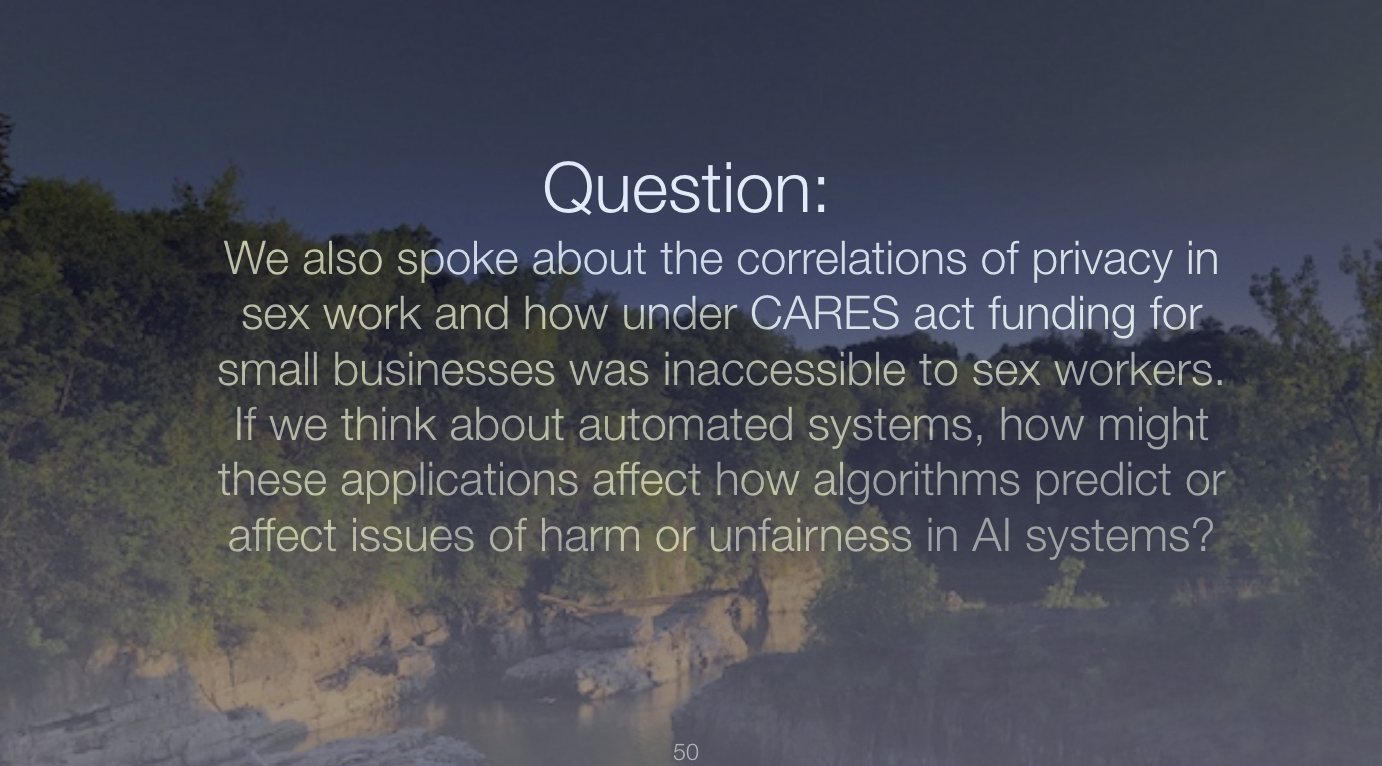
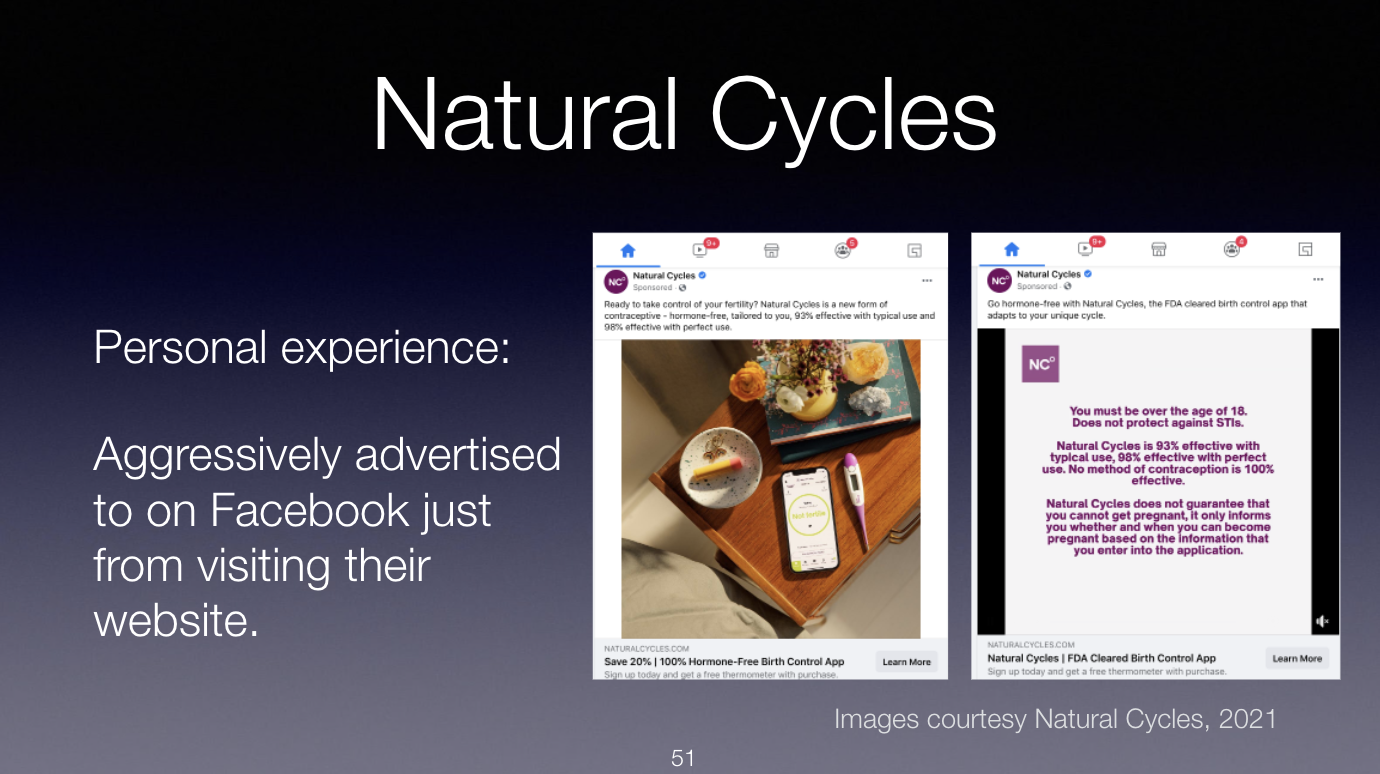
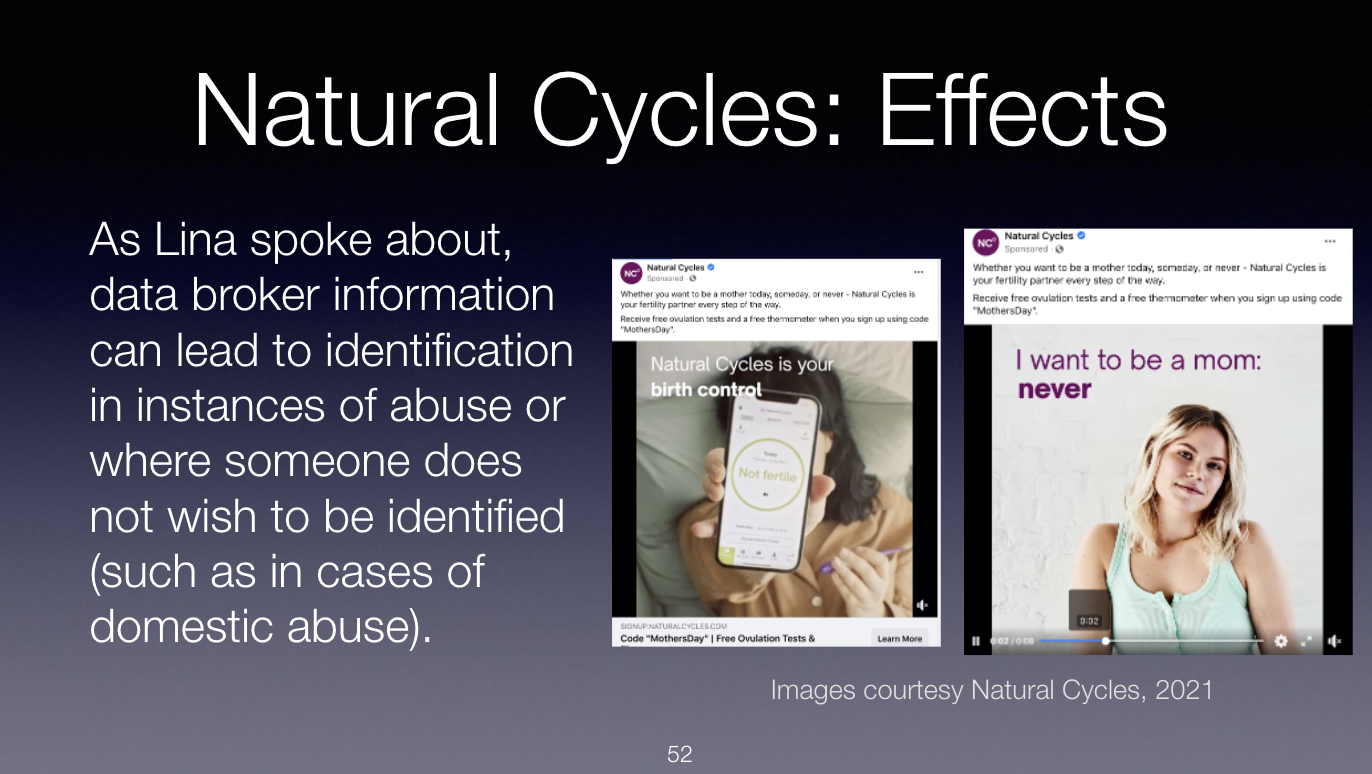
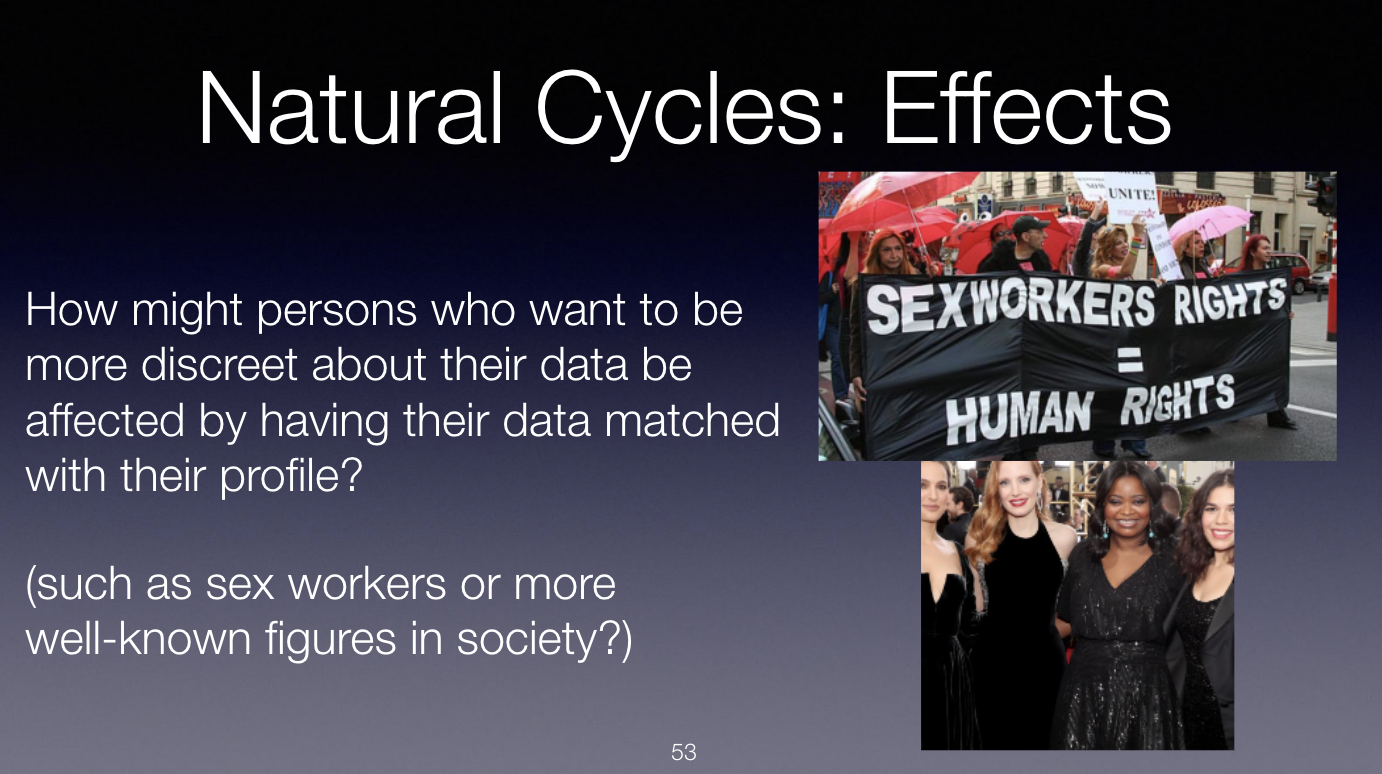
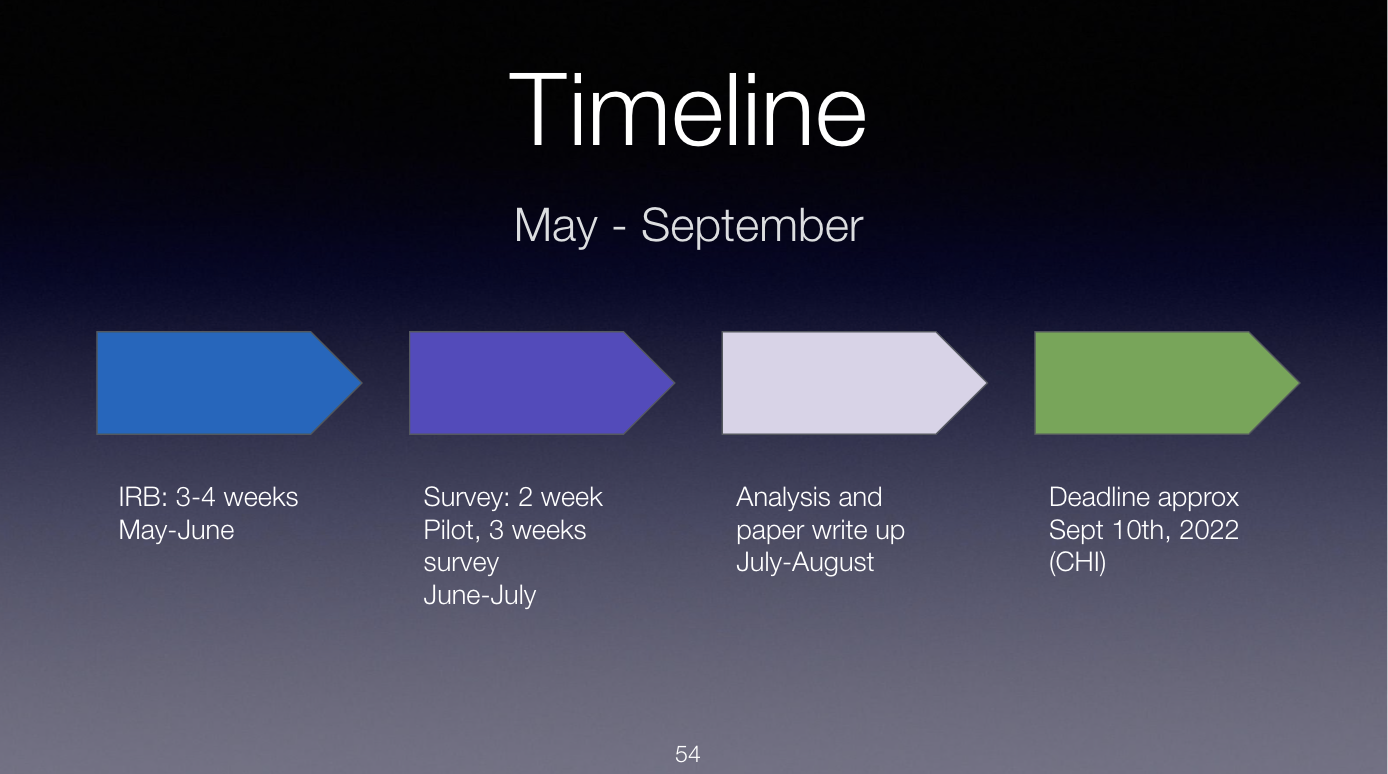
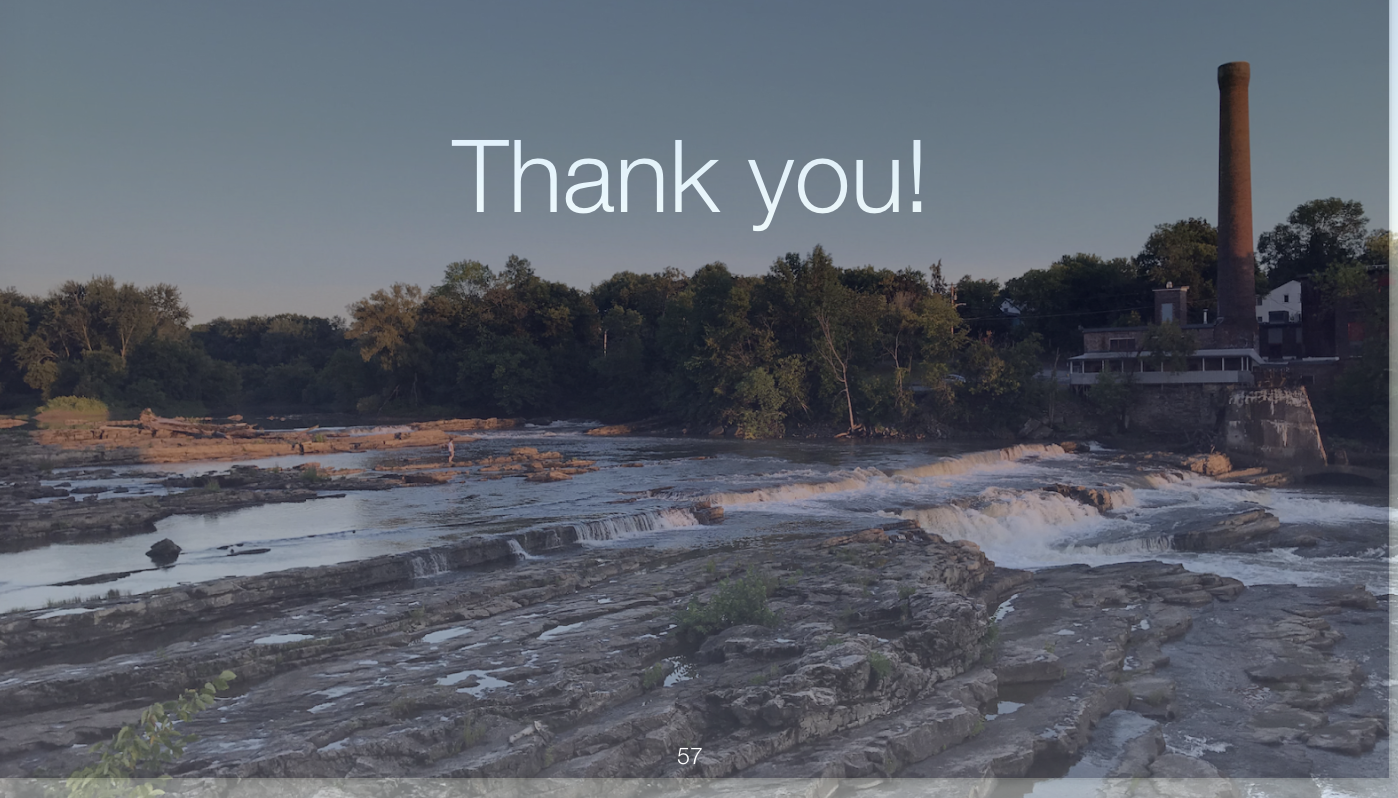
And that’s it
Written on May 5, 2022
